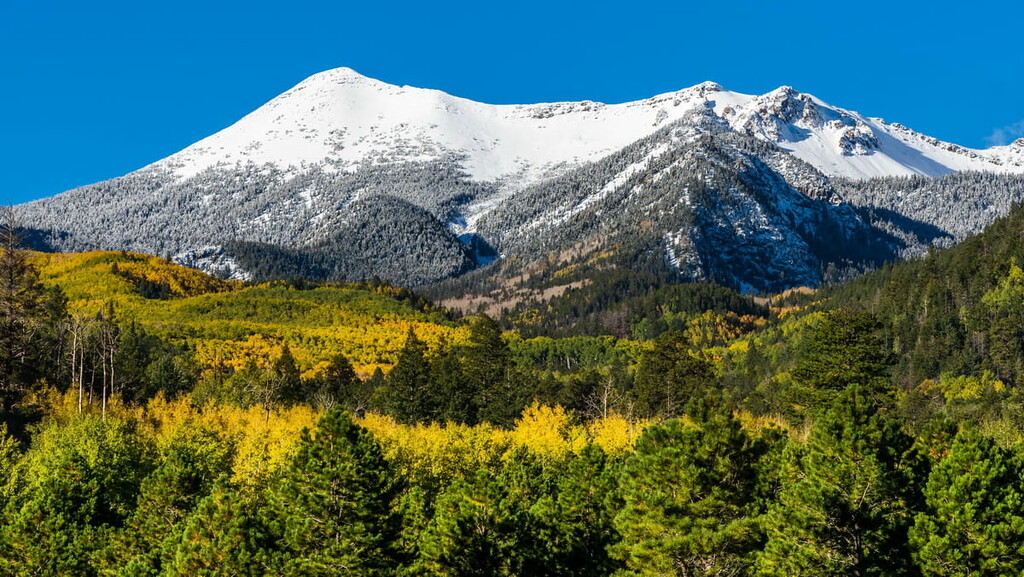The world is brimming with natural beauty and cultural richness, and when these elements converge, they create something truly extraordinary: cultural landscapes. These landscapes are more than just physical spaces; they encapsulate the soul and history of a community. Recognizing their importance, UNESCO has placed cultural landscapes under its protective umbrella, and there is a compelling reason why
UNESCO considers cultural landscapes vital because they embody the harmonious interplay between nature and culture. They tell the stories of human civilization, reflecting the profound connection between communities and their environments. These landscapes are living, evolving testaments to the ingenuity and wisdom of our ancestors, as well as the unique relationships they have cultivated with the land. They represent traditions, rituals, and practices passed down through generations

One such exemplary cultural landscape can be found in the heart of Cameroon: Mount Fako. Also known as Mount Cameroon, it is not just a towering peak of geological significance, but a profound cultural icon of the Bakweri people. The Bakweri, indigenous to the region, have maintained a rich connection with Mount Fako for generations. The mountain is central to their cultural identity, with stories, folklore, and rituals intimately tied to its rugged slopes
The Bakweri people’s deep-rooted connection with Mount Fako, including their spiritual beliefs and traditional practices associated with the mountain, exemplifies the essence of a cultural landscape. Mount Fako is not just a geographic feature; it’s a testament to the Bakweri’s history, values, and way of life. It is a living heritage that deserves protection and preservation
As we celebrate the recognition of Mount Fako as a cultural landscape, it’s time for a call to action. The responsibility of safeguarding this cultural treasure doesn’t solely rest on the shoulders of UNESCO or government authorities. The Bakweri people themselves play a pivotal role in preserving the heritage of Mount Fako. Collaborative efforts with local communities can ensure the sustainable protection of this cultural landscape
Bakweri people should take an active role in raising awareness about the significance of Mount Fako and its cultural importance, both within their community and on a broader scale. This awareness can lead to better conservation efforts and policies. Additionally, sustainable tourism initiatives can help generate economic opportunities for the community while safeguarding their cultural and natural heritage.
In conclusion, cultural landscapes like Mount Fako are not just geological wonders but living testaments to the rich history and traditions of their associated communities. The Bakweri people have a unique responsibility to join hands with the world in preserving and celebrating the cultural landscape of Mount Fako. By doing so, they ensure that future generations can continue to be inspired by the mountain’s beauty and the enduring legacy it represent
Mola Julius Nammeh
Mola David Ikome Ngeve
9709 Byward Blvd, Bowie,MD 20721
fakoamerica@yahoo.com